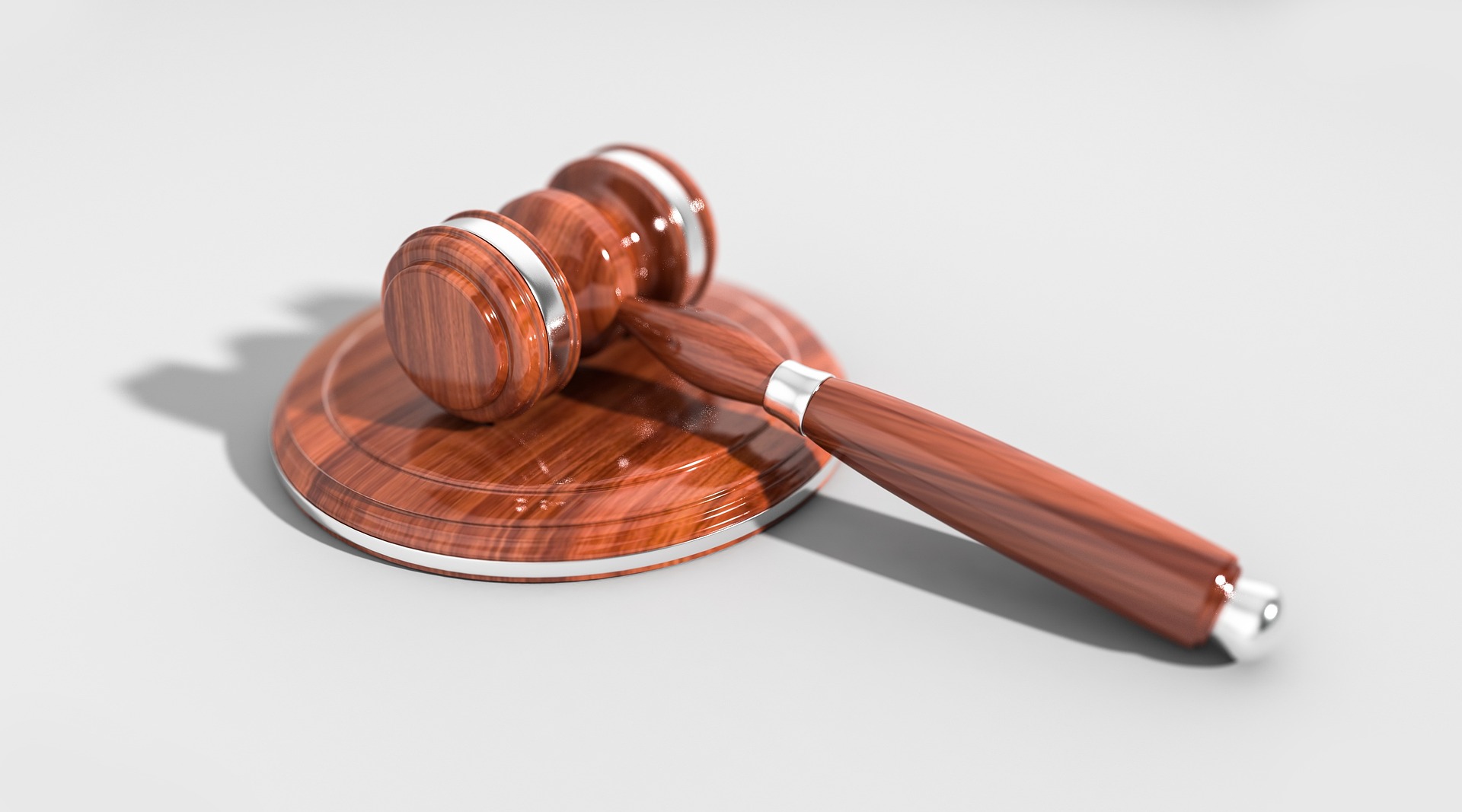"Deciphering the Nuances of Legal Personhood in Artificial Intelligence"
In an era where Artificial Intelligence (AI) is becoming increasingly prevalent, the question of legal personhood for these non-human entities has stirred up a global debate. This article delves into the historical context, contemporary developments, and potential societal implications of this fascinating legal discourse.

The Historical Context of Legal Personhood
Historically, legal personhood has been extended to non-human entities like corporations, trusts, and states, allowing them to possess rights, responsibilities, and liabilities. The concept of legal personality is not limited to human beings or natural persons. The law has long recognized collective entities, such as companies or associations, as legal persons. The question now arises whether AI systems, which are capable of learning, decision-making, and even creating, should be granted similar status.
The Current Legal Status of Artificial Intelligence
At present, AI does not possess legal personhood. They are considered property, not persons. But this traditional perspective is being challenged as AI systems grow more sophisticated and autonomous. Some legal scholars and technologists argue that certain AI systems should be recognized as legal persons, similar to corporations. In 2017, the European Parliament passed a resolution suggesting the concept of ‘electronic persons’ for advanced autonomously acting robots. However, no country has yet to implement such a law.
The Debate on AI Legal Personhood
The proposal to grant legal personhood to AI has sparked a fierce debate. Supporters argue that it could help address the legal challenges posed by AI, such as liability for damages caused by autonomous robots. Critics, however, fear that it could diminish human rights and personhood, and that it is unnecessary since existing legal structures can be adapted to cover AI.
The Societal Implications of AI Legal Personhood
If AI were granted legal personhood, it would profoundly impact our legal and societal norms. It could redefine concepts of responsibility, rights, and justice. However, it also raises complex issues like the allocation of liability, the potential for AI rights, and the ethical implications of recognizing non-human entities as legal persons.
The Way Forward
The discourse surrounding AI’s legal personhood is evolving and complex. It demands careful deliberation and a balance between technological advancements and legal principles. Future legislation must consider the unique characteristics and capabilities of AI, the potential risks and benefits, and the broader societal implications. As AI continues to advance, the question of its legal personhood will only become more pressing.
In conclusion, the issue of legal personhood for AI is a complex and multifaceted debate that needs a balanced and reasoned approach. With AI capabilities expanding at a rapid pace, it is crucial to explore this topic to ensure that our legal systems can adapt to technological advancements. As we navigate the uncharted waters of AI personhood, we must strive to strike a balance between innovation and regulation, ensuring both progress and justice.






